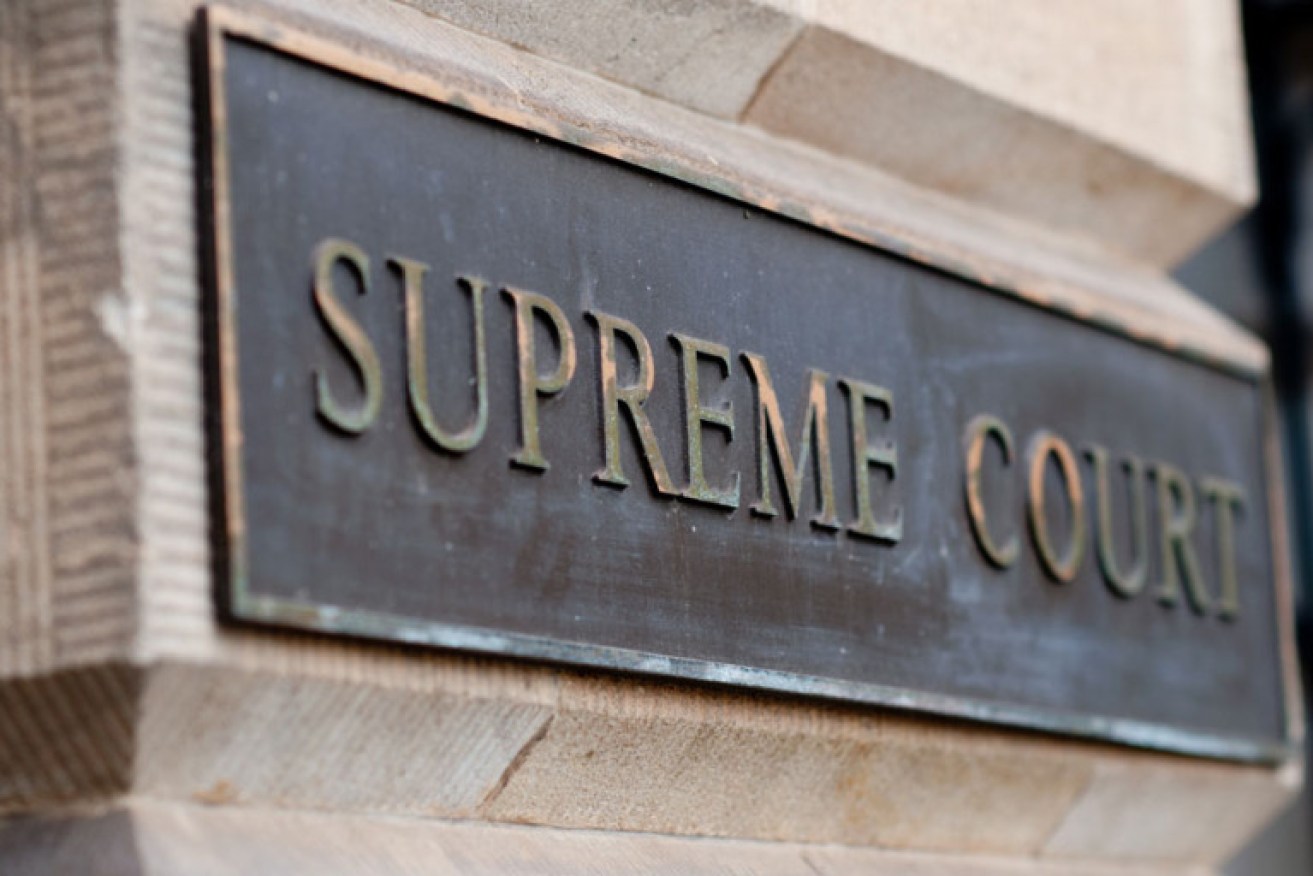Business SA loses court bid for charity no-payroll tax status
Business SA has lost a years-long legal fight to claw back millions of dollars in payroll tax on the basis of its charity status, with the Supreme Court ruling that promoting private corporate interests is not the same thing as promoting a stronger economy for everyone.


Business SA argued its charity status should exempt it from payroll tax. Photo: supplied
Four years ago, the state’s peak business lobby applied to the Supreme Court, to force Revenue SA to return $2.6 million in payroll tax that it had paid between 2009 and 2014.
Business SA argued that it was exempt from payroll tax because of its status as a registered charity.
It lost that case in 2017 but launched an appeal to the full court of the Supreme Court, partly on the basis that Justice Malcolm Blue had drawn a false dichotomy between advancing the interests of business and advancing the interests of trade and commerce.
But in its judgement, handed down this week, the full court affirmed the distinction, finding that the self-interest of members of the business community and the public interest in a strong economy are not the same thing.
The court found that “trade and commerce” has many participants outside of business – including consumers, workers, and governments – and that their interests are not always the same.
“Business is only one of several groups that participate in trade and commerce,” Justice Greg Parker writes in a verdict endorsed by Chief Justice Chris Kourakis and Justice Tim Stanley.
“A function of or activity that promotes the interests of business may not necessarily advance trade or commerce.
“(There is a) need to avoid conflating the charitable purpose of promoting trade and commerce with the purpose of advancing the interests of business.”
Kourakis gave additional reasons to dismiss Business SA’s appeal, including that its constitution was adopted in part for the express purpose of improving “the prospects of a payroll tax exemption” and that it provides a series of discounted commercial services to its members.
The Chief Justice invoked grand historic economic struggles in finding that the interests of Business SA members are not necessarily synonymous to the public interest.
“(As) a general rule, businesses do benefit from improvements in trade and commerce,” Kourakis writes.
“It is not, however, a universal rule, as historical debates between protectionism and free trade and tensions between monopolies and new market entrants show.
“The coincidence in some of the appellant’s (Business SA’s) activities, between the interests of its members … and the public interest, in advancing trade and commerce, is of limited weight, because the appellant’s membership structure, the services which it provides and its funding model are primarily focussed on serving the self-interest of its members.”
Business SA has long advocated the wholesale abolition of payroll tax for all businesses, on the basis that it is a disincentive to employing people.
Its CEO, former Adelaide Lord Mayor Martin Haese, told InDaily this morning the Business SA board was yet to decide whether to appeal the verdict to the High Court.
“We’re unsure at this time,” he said, adding that he would not comment on the judgment.
“Business SA will continue to do what it has always done – to support the interests of commerce and industry across Australia (and) to build capacity, employment, investment, trade and commerce across the state.”
He noted that other state-based chambers of commerce had succeeded in arguing for an exemption from payroll tax on the basis of charity status, and that Business SA paid hundreds of thousands of dollars in payroll tax each year, but he accepted the full court’s ruling.
Treasurer Rob Lucas welcomed the ruling.
“The Government welcomes the unanimous decision of the Full Court of the Supreme Court to uphold the Supreme Court’s original decision,” he said.
“The Court confirmed that Business SA is not exempt from paying payroll tax because it does not primarily have a charitable purpose.”
Business SA is listed on the Australian Charities and Not-For-Profits Commission’s official charities register.
According to Parker’s judgment, between seven and 10 per cent of South Australian employers, and three per cent of businesses, were Business SA members during the relevant period.
The judgment says Business SA’s activities can be divided into five major categories: policy development and advocacy; services and products provided exclusively to members; commercial services for businesses and employers; externally funded or subsidised business education programs; and apprenticeship and traineeship support services.
Parker also rejected Business SA’s argument that its case should not have been distinguished from a case brought by the Western Australian chamber of commerce in 2012, finding that both the facts of that case and the legal situation were distinguishable
Want to comment?
Send us an email, making it clear which story you’re commenting on and including your full name (required for publication) and phone number (only for verification purposes). Please put “Reader views” in the subject.
We’ll publish the best comments in a regular “Reader Views” post. Your comments can be brief, or we can accept up to 350 words, or thereabouts.
InDaily has changed the way we receive comments. Go here for an explanation.




